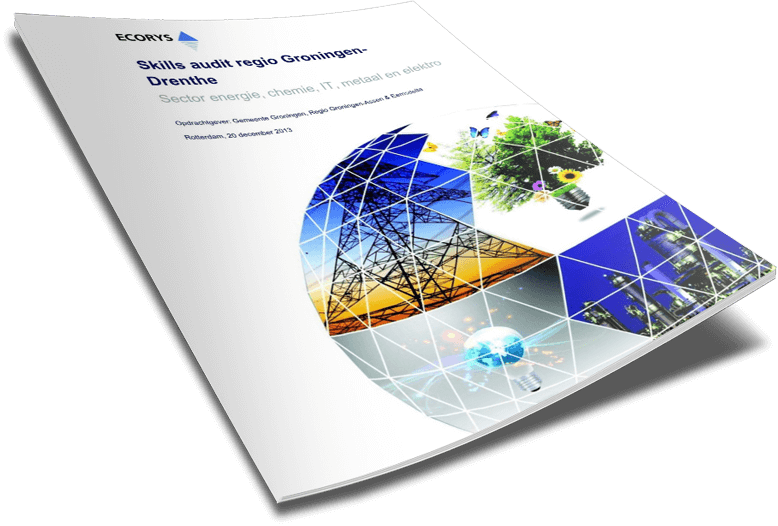Working
Working
The availability of sufficient staff with the appropriate training and skills is becoming more and more important for companies and, accordingly, for regions.
Indeed, the availability of a good workforce is for a national or international company one of the most important factors for the decision where to locate the business, and for established companies it is essential for sound economic development. It is also the most important factor that can be influenced by policy.
Competencies and skills
In order to work specifically on strengthening the regional economy, it is necessary to know what skills are present in the region, now and in the coming years, and how this relates to the expected demand (quantitative and qualitative).
Together with the Groningen-Assen Region and the Municipality of Groningen, Ecorys has therefore conducted research into the competencies and skills of workers in the Groningen-Assen region and the Eems Delta region, with a focus on the driving sectors energy, IT, chemistry and metal/electrical engineering.
This skills audit shows that the Groningen-Drenthe region has a high potential of well-trained technical workers compared to other regions in the Netherlands and abroad. The working population in the region is characterised by a large group (160,000) with technical qualifications. A third of these is currently actually working in a technical job, which means that potentially more than 100,000 workers with a suitable background can be reached.
The most common technical skills in the region are electrical and electronic engineering and mechanical engineering, process technical skills and technical process control skills. This labour force has multiple competencies and better language skills compared to other regions. The region thus forms an excellent and attractive basis from the point of view of the labour market for national and international companies that need technical knowledge.
Employment
Groningen Seaports exists to responsibly and sustainably stimulate economic activities – and therefore employment – in the ports, industrial estates and other logistics hubs directly under its management or control.
This employment is derived from economic developments on the sites, the investments of Groningen Seaports and the land issues. These are strongly interrelated. In 2017, employment grew by almost 12% and there is also good cause for optimism in the near future.


